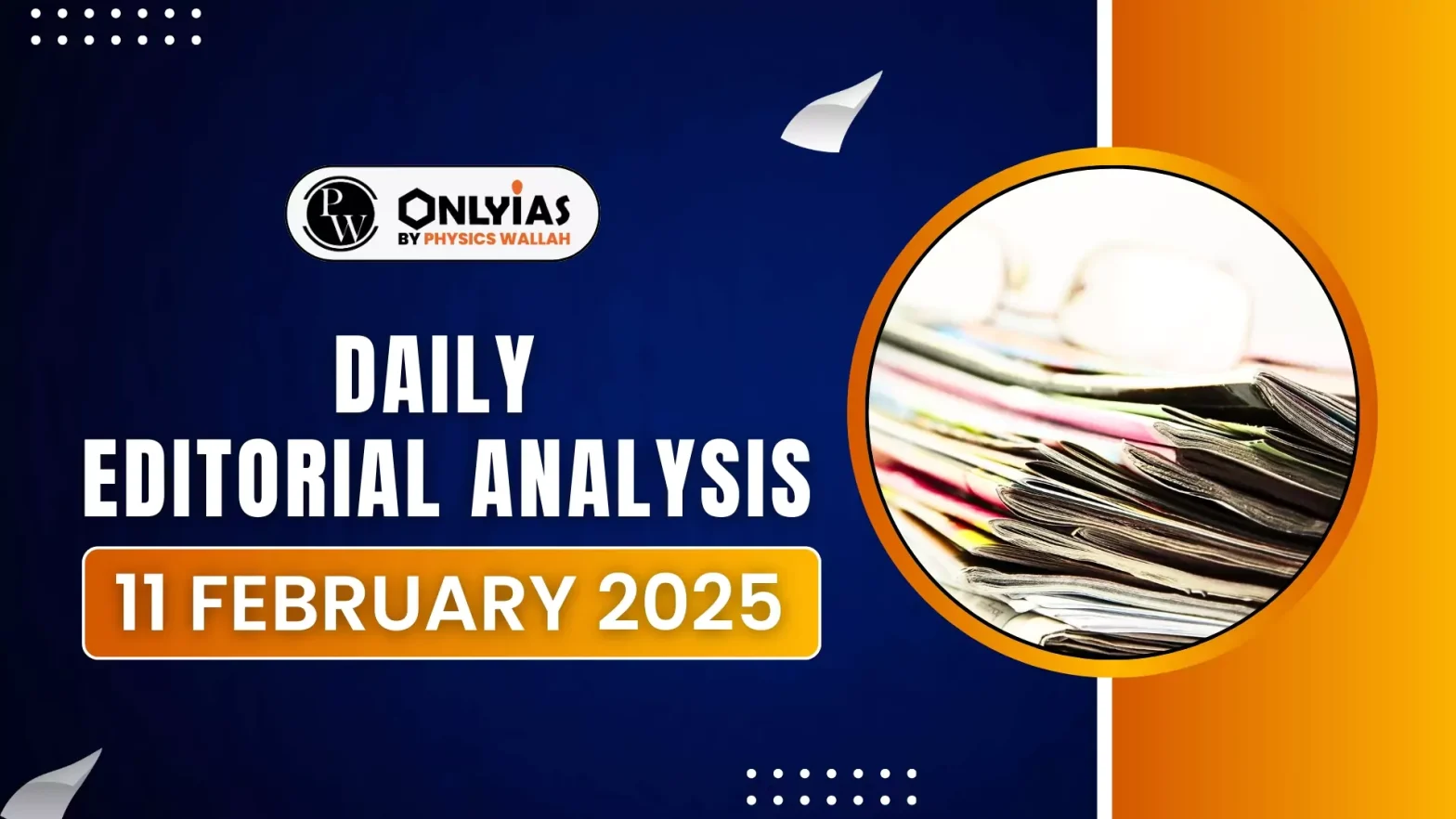Recent abrupt closures of prominent coaching centers have left many students stranded, highlighting systemic issues within India’s coaching industry.
Unreliable Practices and Aggressive Marketing
- False Promises: Many coaching centers make misleading claims of guaranteed success, creating unrealistic expectations among students.
- Upselling and Loans: These institutions often push students into purchasing additional courses and taking out loans, resulting in significant financial strain.
Enroll now for UPSC Online Course
Impact on Students
- Mental Health: The intense pressure to succeed has led to tragic incidents, including student suicides.
- Poor Learning: The focus on entrance exam preparation often overshadows a well-rounded education, particularly in senior years.
- Physical and Mental Health Issues: The demanding study schedules imposed by coaching centers can contribute to both mental and physical health issues.
Growing Coaching Market
- Growing Market: In 2024, India’s private tutoring industry was valued at approximately ₹58,000 crore, with an anticipated annual growth rate of 15%.
- Competition: The current emphasis on STEM education and competitive entrance exams is fueling the increasing demand for coaching centers.
- Dummy School: An emerging trend is the rise of “dummy schools,” where coaching centers advise students to only attend school for exams, focusing their studies entirely on coaching.
- This model is eroding the integrity of the school system and hindering holistic education, reducing learning to exam preparation.
National Education Policy 2020
- Assessment Reforms: The National Education Policy (NEP) 2020 advocates for shifting from summative to formative assessments to reduce the emphasis on exam-centric learning.
- Scrapping No Detention Policy: However, the central government’s decision to abolish the ‘no-detention policy’ for Class 5 and Class 8 students, allowing those who fail exams to repeat the year.
- Eliminating Coaching Dependency: NEP aims to improve the quality of school education to make external coaching centers unnecessary.
- Teacher Investment: The policy underscores the importance of investing in qualified teachers and offering competitive salaries to improve learning outcomes.
Regulatory Measures to Protect Students
- In January 2024, the central government issued guidelines to regulate coaching centers, prioritizing transparency and student welfare.
- Challenges Persist: While some states have introduced laws to curb malpractices within the coaching industry, others have not, resulting in inconsistent enforcement.
Check Out UPSC Modules From PW Store
| In November 2024, Central Consumer Protection Authority (CCPA) issued guidelines for “Prevention of Misleading Advertisement in Coaching Sector”.
These guidelines prevent coaching centers from making false or misleading claims while promoting their service and engaging in deceptive/unfair practices |
EdTech: A Double-Edged Sword
- The COVID-19 pandemic significantly accelerated the adoption of online learning platforms, leading to a surge in edtech startups.
- However, with the reopening of schools, the edtech sector has faced challenges, including reduced investments and job losses.
- When effectively regulated, edtech can complement traditional education by offering personalized learning and skill development opportunities.
Recommendations for Reform
- Strengthen the school curriculum to reduce the reliance on external coaching.
- Implement caps on coaching fees and ensure transparent refund policies to protect both students and parents.
- Encourage models that provide individualized attention, addressing the unique needs of each student.
Enroll now for UPSC Online Classes
Conclusion
A balanced approach, supported by both traditional and digital education, will ensure students receive quality education while safeguarding their mental and financial well-being.
Ready to boost your UPSC 2025 preparation? Join PW’s UPSC online courses today!
![]() 11 Feb 2025
11 Feb 2025
